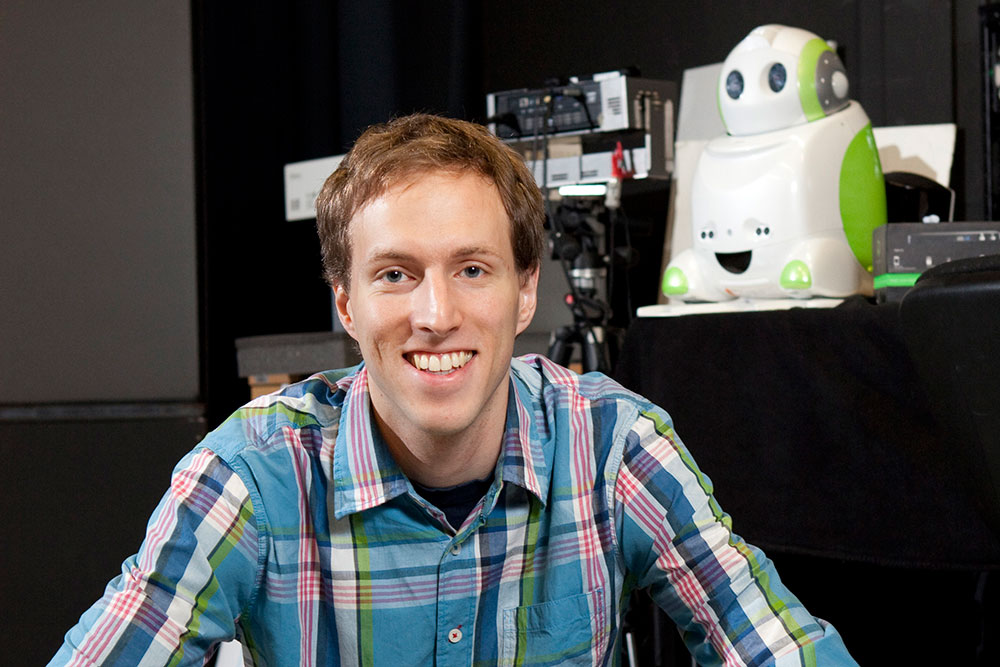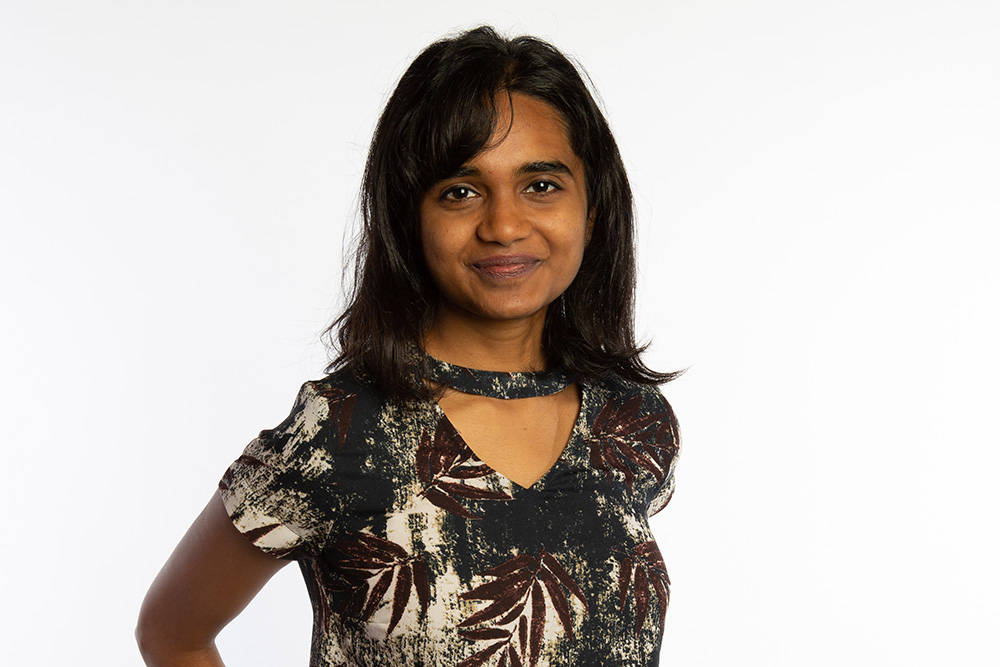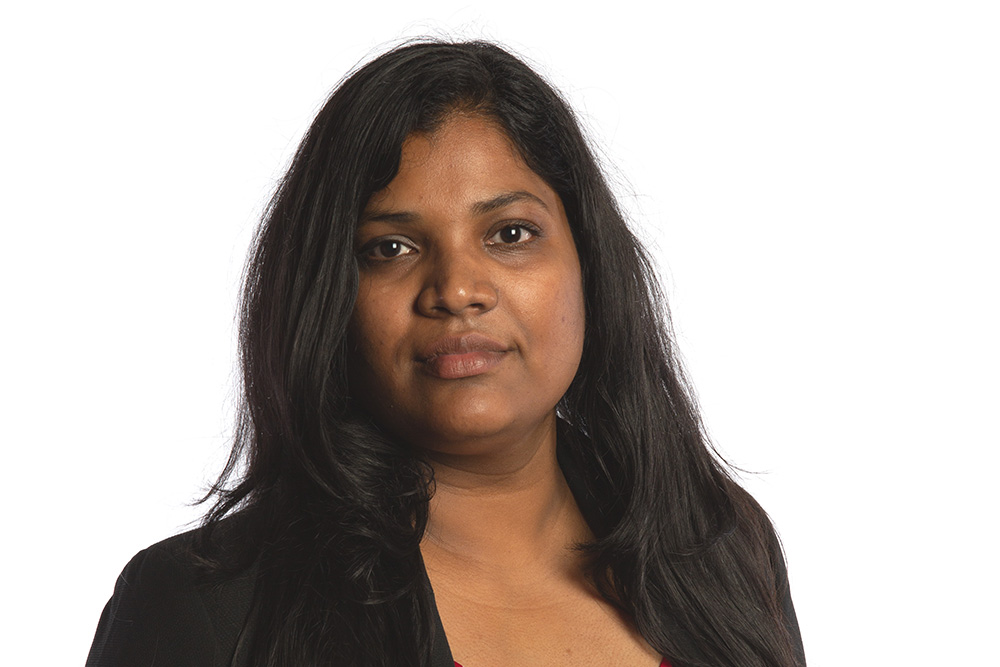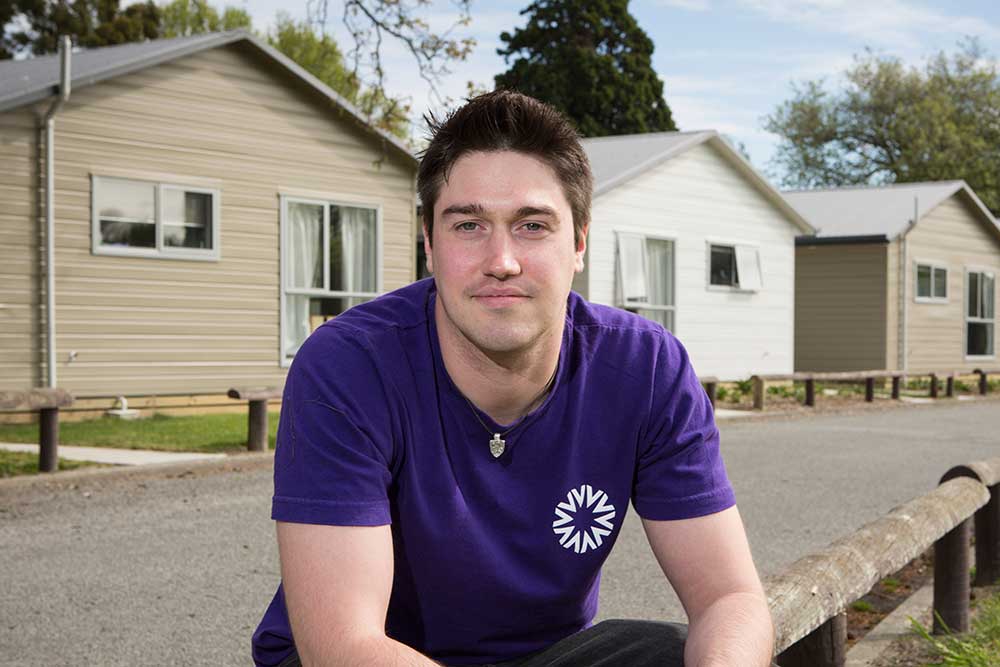Master of Human Interface Technology
Graduate, Ericsson
Human Interface Technology (HIT) was the perfect intersection of immersive technologies and human cognition following Natalie's studies in neuroscience and psychology from the University of Otago, and her years as a preschool teacher.
Natalie saw a career in HIT as a way that would "help make life better for other people" in a unique combination of her passions.
"I want to work in industry and continue to innovate building helpful, useful technology, with a career in research and development," she says.
UC's HIT Lab NZ was her strongest motivation for choosing postgraduate study, with its speciality in virtual reality being particularly inspiring.
"Virtual and Augmented reality are areas of research that are innovative and creative. I find it interesting to investigate this interplay between the technology and the user's sensation and perception."
Her master's thesis with HIT Lab NZ investigated the specific kind of motion sickness caused from using virtual reality headsets, called cybersickness.
"After reading the literature and discussing with Lab members, I designed and built a physical dial to measure cybersickness during a VR experience. I then ran an experiment in which participants were in a VR rollercoaster, and tested the validity of the dial compared to other measuring strategies."
The results will help find ways of preventing cybersickness, which is especially important with the increasing need for head-mounted VR for training, games, and education. Natalie was also able to build a lot on her previous knowledge for her research.
"I found the coding part of the course really challenging but my understanding of statistics, literature reviews, and the empirical method was helpful when building a justifiable project," she says.
She was able to get further support as a member of the UC Women in Technology Society (WiTSoc), where students support each other in sharing technical skills and advice for getting into the industry.
Her hard work was recognised with travel to the Harbin Institute of Technology in Weihai, China for a short study programme and conference, as well as attendance and a presentation at the Virtual Reality Software and Technology (VRST) conference in Sydney, Australia, with funding from Hit Lab NZ.
Shortly after finishing her master's research, Natalie began her career with global ICT giant Ericsson.





